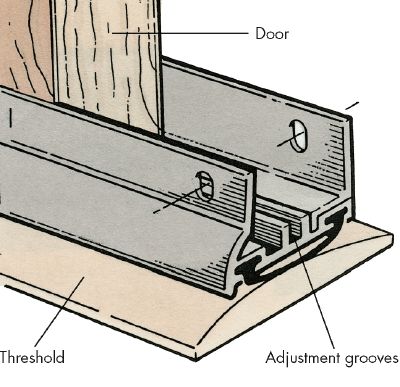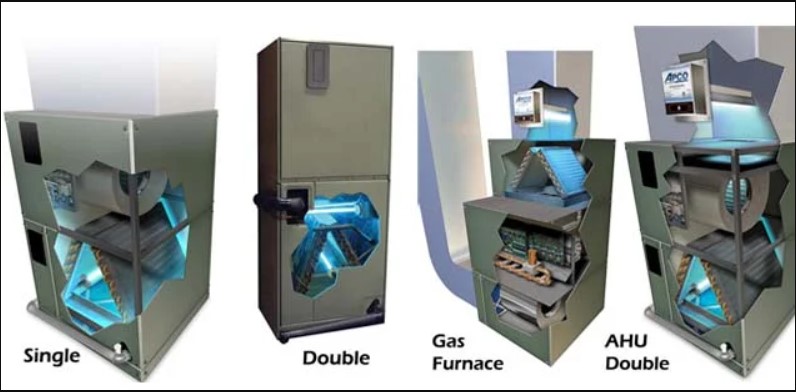
Solar panels can help you reduce your electric bills. Before you begin a full-blown project of solar power, here are some points to consider.
It is no secret that solar panel technology, in particular, has made great strides over the past decade. With a growing demand for solar energy, the price of this environmentally friendly energy source has been steadily falling. The price of solar energy is decreasing but that doesn't mean it's a lower-quality service.
There are many incentives in Cape Coral to encourage homeowners into solar energy. These include rebates and tax breaks. Installing solar panels can be exempted from sales tax. There are many options. These include a mortgage, home equity loan and a solar loan. A professional installer will show you how to get a solar panel installed on your property.

Depending upon the size of the panel, you may be eligible to receive free electricity. You could save a lot of money in the long-term. Additionally, you are helping to preserve the environment. Adding a home solar panel is a smart move.
Do your research to get the best return on your investment. Get quotes from at least a few companies. You'll also want to check with your insurance provider to see if they offer coverage for a solar panel installation. This type of insurance is mandatory for many of these providers.
An in-depth consultation is the best way for you to see what's possible. A qualified solar consultant will provide you with a detailed quote that will explain exactly what you can expect. They will also tell you which parts of your home are the most suited to solar power. To find out which solar panel will be the best fit for your home, ask for a solar discovery phone call.
If you're still not sure which direction to take, you can always check with your local home improvement store for a free estimate. However, you might want to have a second opinion from a professional solar panel installer before you sign on the dotted line.

You need to be informed about the many offerings in the solar industry. Many companies are willing to assist and help you in any way that they can. Some will even offer a workmanship warranty for the lifespan of your new system.
Contacting one of the many reliable solar companies in Cape Coral is the best way to start. They can advise you on the best products to fit your needs. Because you will be living with these panels for the rest of your life, it is important that you treat them well.
FAQ
Do I need a legal representative to sign my service agreement?
No. You do not need to appoint a legal representative in order to sign your service agreements. As a precaution, however, it is a good idea to appoint one.
Legal representatives are individuals who act on behalf a person. If you are a contractor, it may be a good idea to appoint someone you trust to represent you.
This could mean hiring a solicitor or accountant. You could also appoint someone to take care of your business interests.
The client usually appoints a legal representative. Sometimes, however a vendor will hire a legal representation.
Legal representation in any case means that you are legally protected.
What is the scope of my SCA?
Your SCA will detail the scope of work, including the time it will take, how many materials are needed, what equipment is required, and whether special permits are necessary.
Is a service contract a warranty?
A service contract is not a warranty. It is an agreement between parties to exchange goods or services. If the product is not performing satisfactorily, the customer agrees with the seller to cover the repair or replacement costs. This type contract is also known to be called a maintenance agreement.
When do you have to pay the service/contractor bill?
The type of service is dependent on how much you pay. For example, if you hire a contractor to install a new roof, you would typically make payments as soon as the work was completed. You might pay only after you receive and test the product if it is a product purchased from a supplier like a kitchen range cooker.
Do I have to think about any additional factors?
Yes. You should check the laws in your area about the types of projects that you are permitted to undertake and the requirements you must meet. Some states require that you get council approval before you build. Others say you just need to inform them of your plans. For more information, consult your local authorities.
Who will pay for the service
The SCA will specify which party is responsible to pay for the service. In the event that the service provider is not paid fully, they may be eligible to seek compensation from the courts.
Statistics
- (v) Place or places of performance of the prime contract and first-tier subcontracts estimated at $10 million or more, if known. (acquisition.gov)
- (3) The contracting officer may provide for a contract price adjustment based solely on a percentage rate determined by the contracting officer using a published economic indicator incorporated into the solicitation and resulting contract. (acquisition.gov)
- Reasonable late fees go up to 25% per year on unpaid sums. (lawdepot.com)
- (1) Except as provided in paragraphs (a)(4) and (a)(8) of this section, if the estimated amount of the contract or subcontract is $10 million or more, the contracting officer shall request clearance from the appropriate OFCCP regional office before- (acquisition.gov)
- (1) Ascertain the extent to that offers are based on the payment of overtime and shift premiums; and (2) Negotiate contract prices or estimated costs without these premiums or obtain the requirement from other sources. (acquisition.gov)
External Links
How To
What should a contract of service include?
Service agreements (SAs) are essential for any business relationship. It describes what you expect of each other and how to achieve it. The SA also details when and where each party should fulfill its contractual obligations.
These are the key components of a successful SA:
-
Both parties agree on the scope of work and the services they require.
-
Particulars of the payment terms, including delivery dates and start dates.
-
A price agreed upon for the project.
-
Additional charges such as VAT and other fees may apply.
-
Whether there is anything else that needs to be discussed.
-
Who will be responsible if something goes wrong with the job?
-
How disputes will be resolved.
-
What happens if one party breaches the contract.
-
What happens in the event of a dispute.
-
When will the contract become effective?
-
What happens if one or both of the parties fail to perform.
-
How long will it take to pay invoices
-
Who pays for things such as travel expenses?
-
Where the money is coming from.
-
What happens when the client has a change of mind?
-
What happens to the supplier if they don't show up.
-
Who has the right to enter the site during construction?
-
What happens if the customer cancels?
-
What happens if the product fails?
-
What happens if a manufacturer refuses to provide parts?
-
What happens when the equipment stops working?
-
What happens if the project takes longer than expected.
-
What happens if work isn’t completed in the timeframe agreed upon?
-
What happens to the project if it isn't up-to-standard?
-
What happens if the cost exceeds?
-
What happens if the materials aren't delivered on time.
-
What happens if the material arrives damaged?
-
What happens to the products if they are not up-to-standard?
-
What happens when the job is cancelled before completion?
-
What happens if the business goes under?